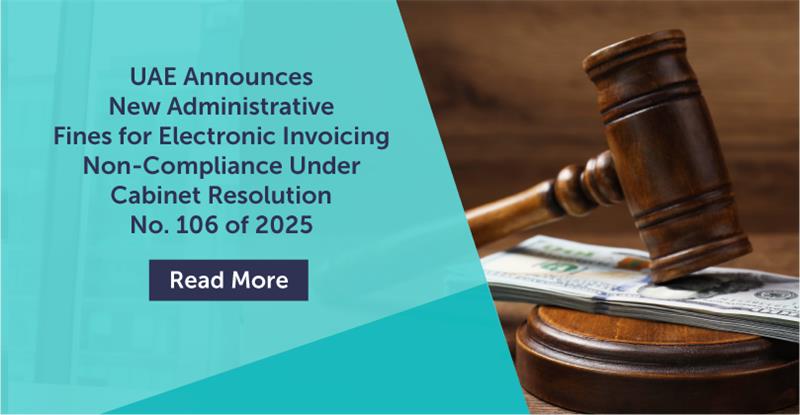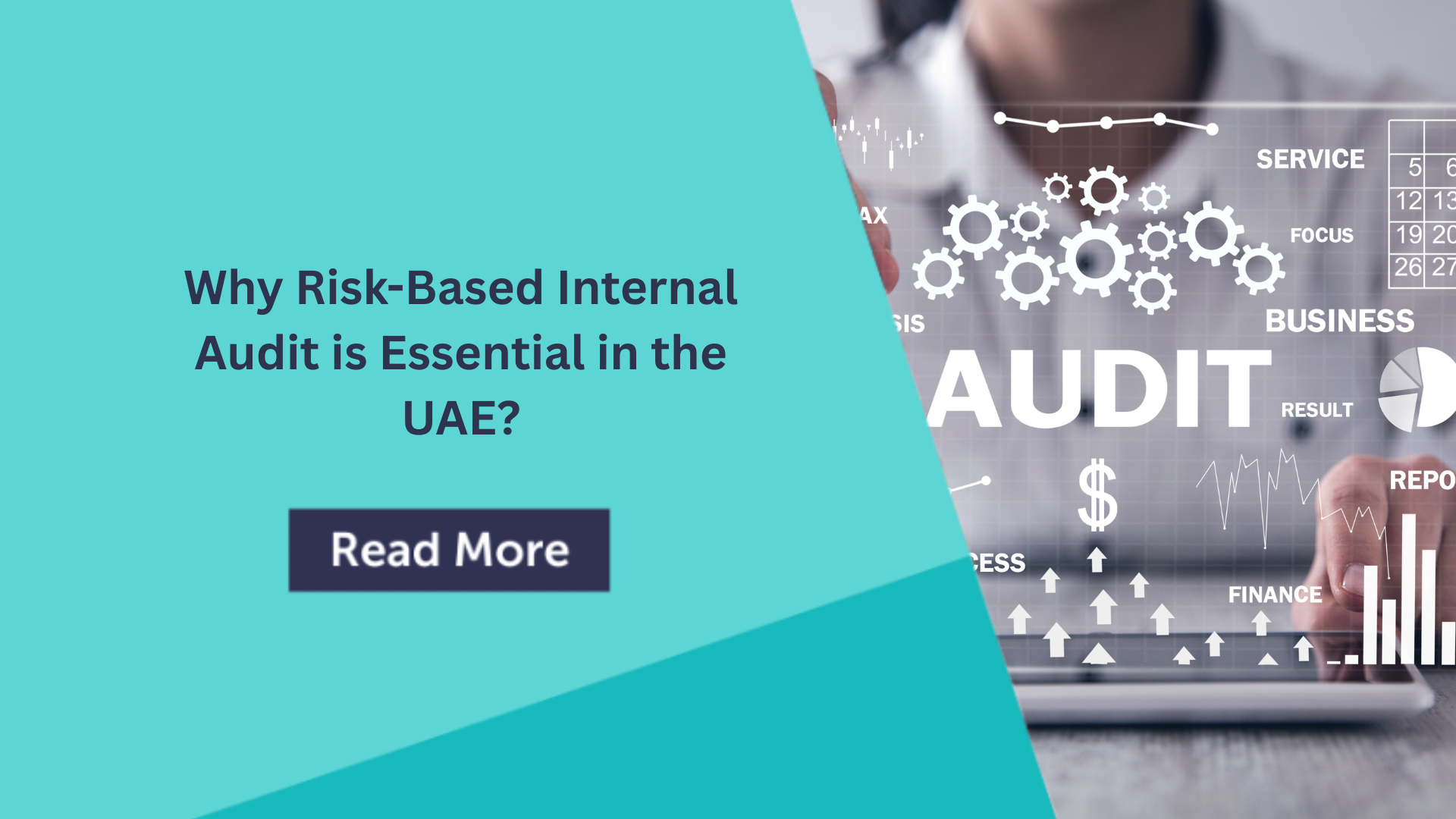
- May 10,2020
- ESR UAE
Economic Substance Regulations in UAE
Economic substance regulations are the new cabinet decision enacted by the United Arab Emirates (UAE) ministry through Cabinet Decision No.31 on 30th April 2019. It provides the criteria of Economic Substance requirements on a certain category of transactions in the UAE.
To whom the Economic Substance Regulations is applicable in the UAE?
Businesses with the following activities as their Core Income Generating Activities (“CIGA”) should review and comply with the requirements of the Economic Substance Regulations.
- Banking,
- Insurance,
- Fund management,
- Investment holding,
- Financing and leasing,
- Distribution and service center,
- Shipping Companies,
- Headquarter companies,
- Holding Company businesses,
- and intellectual property (IP) activities
Why Economic Substance Regulations in UAE?
UAE introduced the Economic Substance Regulations to enhance international competency. It is considered to be a milestone step towards global compliance. It is in alignment with the objective of Base Erosion and Profit Shifting (BEPS) set by OECD (Organization for Economic Co-operation and Development). Non-compliance would attract instant fines and penalties. This is similar to legislation on economic substance passed recently by Bermuda, BVI, the Cayman Islands, and another no/low tax jurisdictions. Executive regulation is expected to be issued to provide more clarifications with respect to the provisions of the new Economic Substance regulations, including the implementation details.
Is it applicable for Companies registered in any jurisdiction in the UAE?
Yes, the rule is applicable for both onshore UAE businesses and free zone licenses including the financial free zones of the DIFC and ADGM.
How do we know whether a business satisfies the Economic Substance Rules?
As per Article 6 of the Economic Substance rules, a company must satisfy the following criteria to meet the Economic Substance Tests in relation to any Relevant Activity carried on by it. Three tests laid down in the said Article are:
- Directed and managed in the State in relation to that activity.
- Conducts/ performs Core Income-Generating Activity in the State.
- The company should employ a sufficient number of qualified full-time employees or incur an adequate level of expenditure on outsourcing to third-party service providers.
The Regulatory Authority vests with the power to determine that a company has met the requirements of the Economic Substance Regulations in any Financial Year up to a period of 6 years from the end of the Financial Year to the test relates.
The companies having the activities qualifying for the Economic Substance Regulations shall notify the Regulatory Authority annually even if the company is not carrying on the said activity.
When the Economic Substance Report(ESR Report) has to be submitted?
Each company shall prepare and submit a report within 12 months from the end of each Financial Year. The report shall contain the following information:
- the type of Relevant Activity conducted by it.
- the amount and type of relevant income in respect of the Relevant Activity.
- the amount and type of operating expenses and assets in respect of the Relevant Activity.
- the location of the place of business and, if applicable, plant, property, or equipment used for the Relevant Activity of the Licensee in the State.
- the number of full-time employees with qualifications and the number of personnel who are responsible for carrying on the Licensee’s Relevant Activity.
- information showing the State Core Income-Generating Activity in respect of the Relevant Activity that has been conducted.
- a declaration as to whether or not the Licensee satisfies the Economic Substance Test.
What is the Implication now on the introduction of Economic Substance Regulations in the UAE?
Every single company in the UAE shall assess and determine whether their activity is a relevant activity for the Economic Substance Regulation and should assess whether the Economic Substance Regulations impact their current and envisaged UAE operations. An amount of administrative penalty of not less than dirhams ten thousand (AED 10,000) and not exceeding dirhams three hundred thousand (AED 300,000) shall be imposed for failure to meet the Economic Substance Test.
Note: Core income-generating activities provided in BEPS Action 5 final report are given below for reference.
|
Type of geographically mobile activities |
Examples of core income-generating activities (CIGA) |
| Headquarters |
|
| Distribution and service centers |
|
| Financing or leasing |
|
| Fund management |
|
| Banking |
|
| Insurance |
|
| Shipping |
|
| Pure holding company |
|
Does this have a hold on you?
Do you have an entity with the above activities in the UAE? If yes, you may need assistance in determining whether this rule is relevant for you. How can we help you? We will analyze the implication of new Economic Substance Regulations and their implication on your business and guide you to comply with all the requirements from day one.
The first step will be to determine whether your entity is within the scope of the legislation or not. If so, then determine if it is conducting a 'relevant activity.
The team at Emirates CA can assist you in making this determination; provide preliminary assessments of your company’s current compliance obligations, and assist with possible future strategies, in response to this new legislation.
Please Contact Us at One Of The Email Addresses/ Mobile Number Below For Your Economic Substance Regulations Assistance
For Support in Economic substance report:
CA. Manu Nair
Email: manu@claemirates.com
Mobile: +971 50 282 8727
CA. Dhara Yagnik
Email: dhara@claemirates.com
Mobile: +971 56 595 6836




